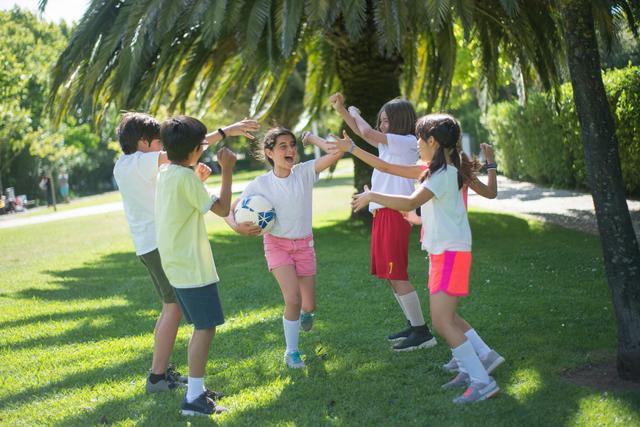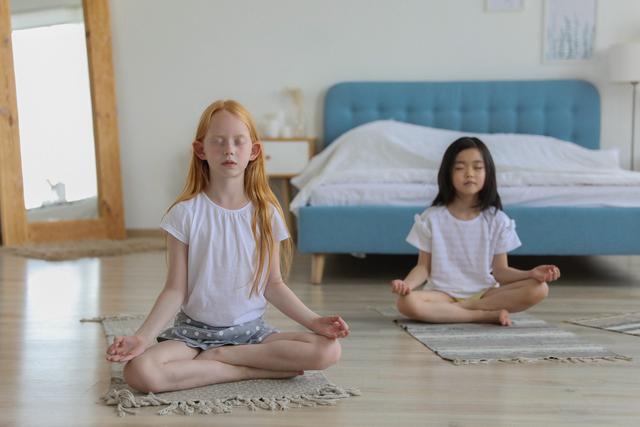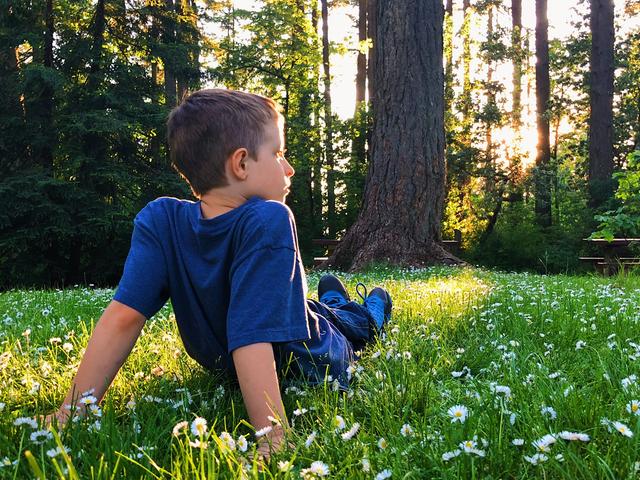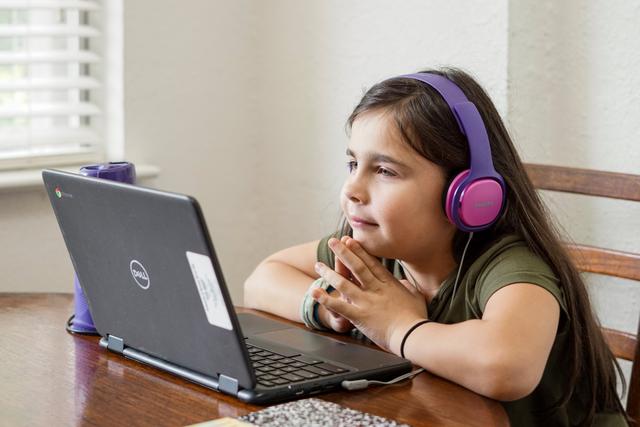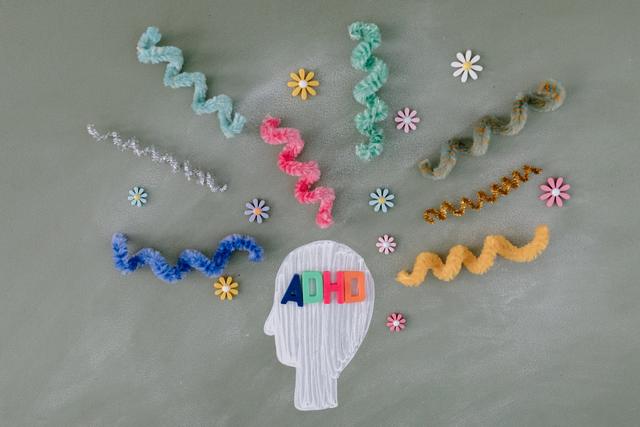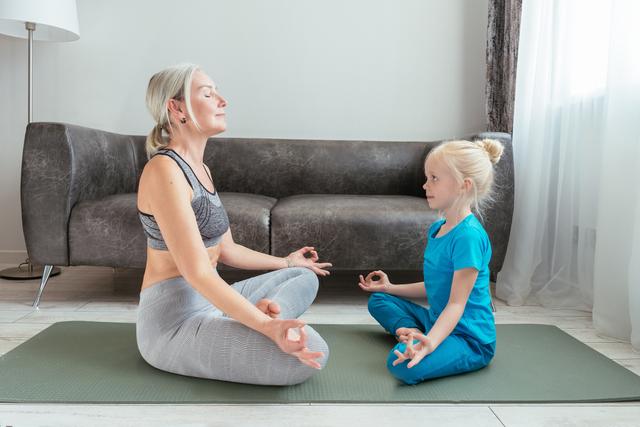Wellness Articles
Wellness For Kids In The UK
Wellness for kids in the UK entails a broad array of activities and practices aimed at nurturing the holistic health of children, enveloping physical, mental, social, and emotional aspects. This approach is increasingly embraced within educational and parental circles, driven by a collective goal to foster virtuous life-long habits among the younger generations. Engaging in these wellness activities is more than a mere routine; it's a pivotal part of growing up in a rapidly changing environment, ensuring that children can adapt and thrive in various aspects of life.
The adoption of wellness practices for children is not a recent phenomenon in the UK. Long-standing traditions of advocating for children's health in public policies and educational systems have laid a strong foundation for the current wellness movements. Over the decades, the scope of wellness has widened significantly. Today, it also encompasses mental and emotional well-being, highlighting the importance of a supportive and enriched environment that facilitates healthy development beyond just physical fitness.
With a vibrant landscape of options available, parents and educators in the UK are poised to integrate these practices more seamlessly into daily routines. This integration aims to cultivate environments where children can thrive physically, socially, emotionally, and mentally. The commitment to promoting wellness among children is a testament to the ongoing cultural shift towards a more proactive approach to health and well-being, tailored to meet the diverse needs of children across the UK.
The Benefits of Wellness
Participating in wellness activities offers numerous health benefits for children in the UK. Engaging in regular physical activities such as sports, walking, or dancing aids in the proper growth and development of children, significantly reducing the risk of developing obesity, type 2 diabetes, and other chronic conditions in their future. Moreover, practices focused on mental wellness, like meditation and yoga, play a crucial role in enhancing children's ability to manage stress, bolster concentration, and improve overall mental well-being.
Social and emotional health is equally important, and wellness activities can help in this area by fostering strong social connections and emotional intelligence. Participating in team sports, arts, and group projects helps children build vital life skills including self-confidence, empathy, and resilience. Additionally, wellness activities can promote environmental health, as safe access to clean natural environments ensures children's well-being by minimising exposure to harmful pollutants and toxins.
Incorporating comprehensive wellness routines in children's daily lives not only boosts their physical and mental health but also prepares them to lead a balanced and healthy lifestyle, making wellness an invaluable pursuit for the younger generation in the UK.
FAQs
Q: What are some effective strategies to improve physical wellness in children in the UK?
A: To improve physical wellness in children, it's essential to engage them in regular physical activities that they enjoy. This can range from organised sports like football or swimming to more casual activities such as cycling, walking, or playing in parks. Encouraging active transportation, like walking or cycling to school, also helps inculcate a routine of physical activity. Additionally, limiting screen time and ensuring children get adequate sleep each night are crucial steps towards maintaining their physical health.
Q: How can mindfulness and yoga benefit children’s mental wellness?
A: Mindfulness and yoga can significantly enhance children's mental wellness by teaching them to manage stress and anxiety, improving their concentration and focus, and enhancing their emotional regulation. Regular practice helps children develop a sense of calmness, increases their self-esteem and resilience, and can even lead to better academic performance. Schools and parents can facilitate these practices by integrating short sessions into daily routines and promoting them as enjoyable and restorative activities.
Q: What role do social activities play in the emotional and social wellness of children?
A: Social activities, including team sports, group learning projects, and arts-based clubs, play a critical role in the development of children's emotional and social wellness. These activities teach children how to cooperate, understand different perspectives, and resolve conflicts. They also provide vital opportunities for making friends and developing supportive relationships, which are essential for emotional security and self-confidence.
Q: How can exposure to nature contribute to children’s wellness?
A: Exposure to nature not only supports physical health through activities like hiking and playing outdoors but also contributes significantly to mental and emotional wellness. Being in nature reduces stress, helps children to focus, and can improve mood. Initiatives that incorporate green spaces into children's daily environment, such as outdoor learning programmes and school garden projects, can promote a lasting appreciation and respect for the natural world.
Q: Are there any specific challenges that urban areas pose to children’s wellness, and how can these be mitigated?
A: Urban areas often pose significant challenges to children’s wellness, including limited access to green spaces, high levels of pollution, and noisy environments that can cause stress. These issues can be mitigated by urban planning that includes more accessible and safe green spaces, investments in pollution control technologies, and community centres that provide safe and stimulating environments for physical and social activities. Schools and families in urban areas can also organise regular trips to parks and natural reserves to ensure children gain the full benefits of nature.

